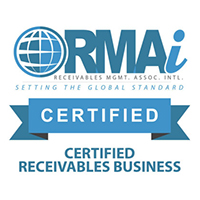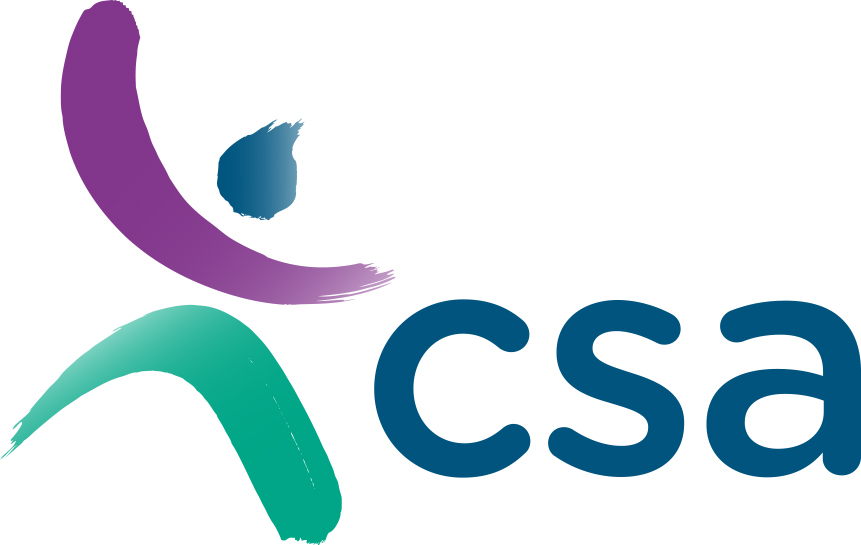What Does Debt Sale Mean for Consumers?

As a debt seller or buyer, you’ll undoubtedly know of the benefits that come with debt sale. But what does the process mean for the borrower? It can often be a confusing transition for the consumer, so regardless of whether you’re selling or purchasing the debt, it’s generally a good idea to be transparent about what’s happening.
To help you understand more about the debt sale process from the perspective of the consumer, we’ve explored this topic in more detail below.
What is Debt Sale?
Debt sale is precisely what it sounds like – it’s the process of a lender selling on an outstanding debt to a third party. The creditor will negotiate a price with the purchaser, usually as part of a larger debt portfolio, with similar debts included. Once the debt has been sold, the original creditor will no longer have any involvement in the loan.
The selling price of a debt will never be for the full outstanding balance. In fact, it’s usually a fraction of the balance – at pennies to the pound. So this begs the question, why is debt sold in the first place?

Why Do Creditors Sell Debt?
If you were a creditor, selling a debt of £1,000 for around £50 sounds like an odd thing to do. Surely the lender is losing out? Actually there are a number of benefits to selling debt! For one thing, creditors are not usually specialised in debt collection, so may not be experienced in chasing debt. They may therefore be spending a lot of time and resources on debt that they have no hope of reclaiming. Selling on the debt may save the lender money in the long run.
Other advantages of debt sale include the fact that the lender’s employees can focus on what they do best – early-stage collections – which should lead to a happier and more engaged workforce. Chasing old debt can be challenging if you’ve not had the appropriate training and experience.
Selling debt can furthermore provide a real consequence for a lender’s collections cycle. If borrowers know that their debt may be sold on if they don’t make the due repayments, they should be more inclined to engage with the lender and set up payment arrangements.
Who Buys Debt?
A debt purchaser will buy debts from a lender, at an incredibly reduced price. The reason the debts are sold on at a reduced rate is because the debt purchaser is unlikely to be able to collect the outstanding balance of all open loans. But even if they collect a small percentage of the total owed, they should still make a profit.
Once the debt has been sold, the borrower’s liability will be passed on to the debt purchaser, and they will no longer need to pay back the original lender. The outstanding amount should not differ, however, excepting any additional interest that is applied.
Alongside the great return on investment rate, one of the advantages of debt purchasing is the increased flexibility. In comparison to lenders, debt buyers are usually able to use much more creative debt collection methods. For example, not all lenders will have a policy for pursuing County Court Judgements, while debt purchasers may be well versed in taking debt to court.
Does Debt Sale Affect the Consumer?
Technically speaking, when a debt is sold to a third party, the borrower should not be impacted much. Their liabilities and rights will remain the same, as both lenders and debt purchasers are required to follow the same rules and regulations. The only real difference is who the consumer is sending money to.
The debt purchaser will essentially become the new creditor and will need to stick to the original credit agreement. This means that they won’t be able to change any of the terms of the debt, if the lender was not able to. For instance, if the lender was no longer able to apply interest to the loan, as it hit a cap, the debt buyer couldn’t apply interest either.

Does the Borrower Have to Pay?
Despite the fact that they did not take out a loan with the debt purchaser, the borrower is still liable for the debt. It’s therefore recommended that the consumer gets in touch with the company as soon as possible to arrange a repayment plan. This should prevent any further action or additional interest from being applied to the loan. The consumer can then start making repayments in the same way they would with the original creditor.
It’s also worth noting that borrowers can dispute a debt with a debt purchaser, just like they can with the original lender. If the consumer believes that they shouldn’t have to pay the balance, due to things like fraud or the debt being statute barred or prescribed, they are able to dispute it.
Debt Collectors and Debt Sale
Not all borrowers realise that there is a difference between a debt collector and a debt purchaser. With the former, this is a company acting on behalf of the original lender – they won’t own the debt. Debt collectors are simply agencies that specialise in chasing older debts. Debt purchasers, on the other hand, will buy the debt, and borrowers will need to make payments to them instead of the lender.
If a debt is sold, the original creditor should inform the consumer of this and give them a chance to settle the loan beforehand. If the loan remains outstanding, the new owner of the debt will send a letter to the borrower, explaining who they are, and that all future payments will need to be made to them. This letter should also provide the name of the original lender, so that it’s easy to determine which debt it relates to.
This can be particularly helpful for consumers with a lot of outstanding credit. If this sounds like you, and you’re struggling with debt, it may be a good idea to contact independent third parties such as Step Change or the Citizens Advice Bureau, who can offer free and impartial advice.
Related Posts
When it comes to debt collection, most lenders and collections companies will follow similar processes. [...]
Looking to join a debt buyer network? Here at EverChain UK, our certified buyer [...]


